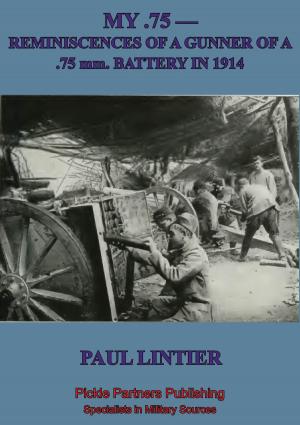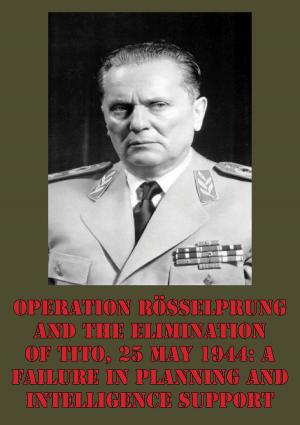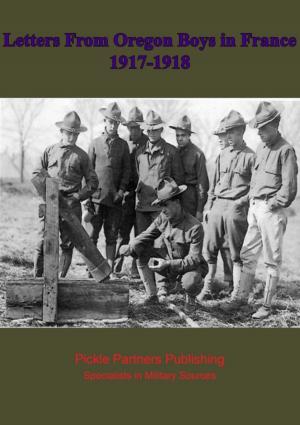From Peenemünde To Canaveral
Nonfiction, History, Germany, European General, Military, United States| Author: | Dieter Huzel | ISBN: | 9781782898696 |
| Publisher: | Lucknow Books | Publication: | August 15, 2014 |
| Imprint: | Lucknow Books | Language: | English |
| Author: | Dieter Huzel |
| ISBN: | 9781782898696 |
| Publisher: | Lucknow Books |
| Publication: | August 15, 2014 |
| Imprint: | Lucknow Books |
| Language: | English |
Dieter Huzel was an electronic engineer with his whole career ahead of him when Germany lurched into the Second World War, he was conscripted and destined for the Russian Front when fate intervened. He and many other scientists were re-assigned from combat duty to the top secret installation at Peenemünde Island off the Baltic coast as part of the Nazi search for “Wonder Weapons”. Huzel describes how he became an integral part of the V weapon program which, despite the frequent Allied bombings, produced the feared V-1 and V-2 rockets that rained down on liberated parts of Europe during the later years of the war.
As the tide turned against the Nazi regime, Huzel tells of the shifts in production of these weapons to central Germany and his team’s rising fear that the rocket technology would fall into the hands of the Russians. However, Huzel and his team were captured by the West and offered re-location to Britain or America. Huzel and his former director, Werner Von Braun, opted for America where they would become part of the ground-breaking Rocketdyne research team and spearhead of the NASA push for space exploration.
Dieter Huzel was an electronic engineer with his whole career ahead of him when Germany lurched into the Second World War, he was conscripted and destined for the Russian Front when fate intervened. He and many other scientists were re-assigned from combat duty to the top secret installation at Peenemünde Island off the Baltic coast as part of the Nazi search for “Wonder Weapons”. Huzel describes how he became an integral part of the V weapon program which, despite the frequent Allied bombings, produced the feared V-1 and V-2 rockets that rained down on liberated parts of Europe during the later years of the war.
As the tide turned against the Nazi regime, Huzel tells of the shifts in production of these weapons to central Germany and his team’s rising fear that the rocket technology would fall into the hands of the Russians. However, Huzel and his team were captured by the West and offered re-location to Britain or America. Huzel and his former director, Werner Von Braun, opted for America where they would become part of the ground-breaking Rocketdyne research team and spearhead of the NASA push for space exploration.
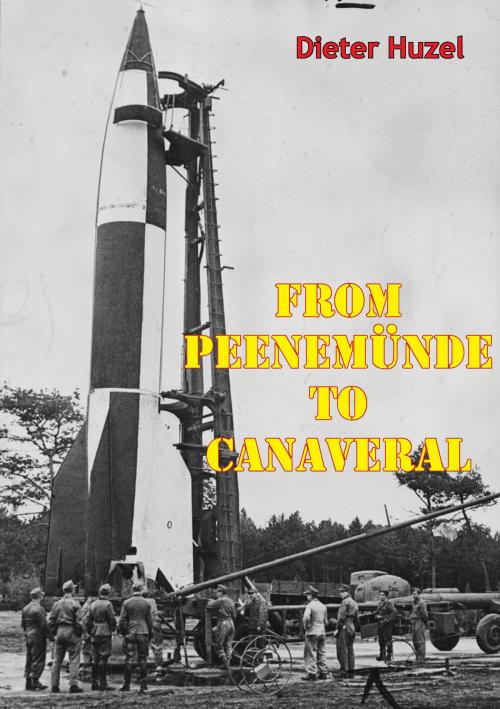
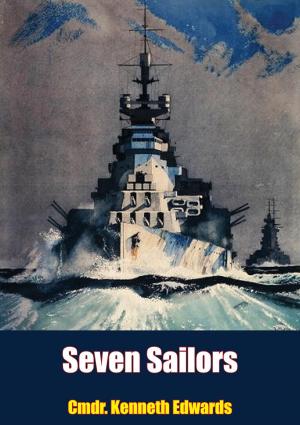
![Cover of the book Temporary Heroes [Illustrated Edition] by Dieter Huzel](https://www.kuoky.com/images/2014/august/300x300/9781782893103-Zihm_300x.jpg)

![Cover of the book The First World War, 1914-1918; Personal Experiences Of Lieut.-Col. C. À Court Repington Vol. I [Illustrated Edition] by Dieter Huzel](https://www.kuoky.com/images/2015/november/300x300/9781786250933-rzxF_300x.jpg)
